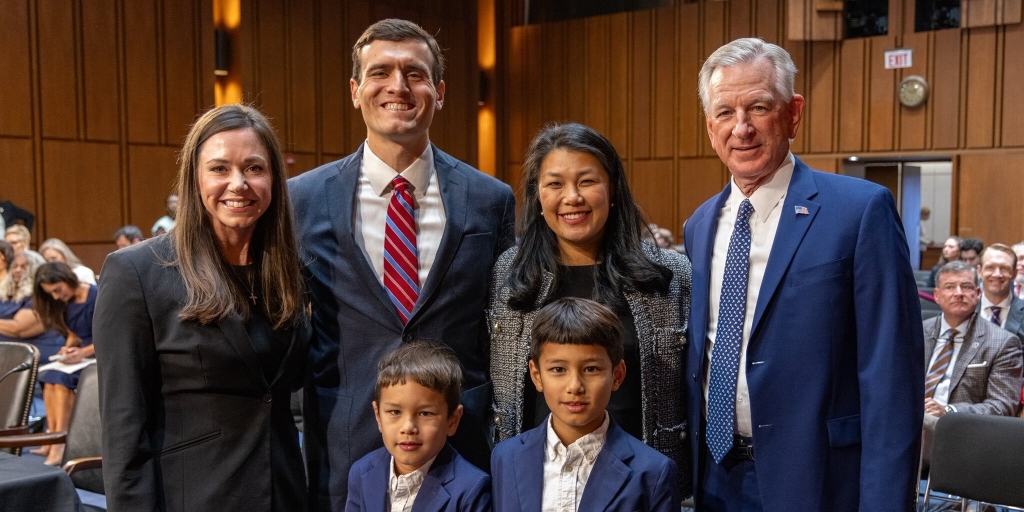A federal judge has ruled in favor of Alabama Attorney General Steve Marshall’s motion that sought to block a legally-questionable attempt by three states to ratify the Equal Rights Amendment (ERA).
The decision, which Marshall’s office called a “major victory,” is the latest development in a legal battle that has been ongoing since December 2019.
In essence, a group of three states claims they have the ability to ratify the Equal Rights Amendment based on recent votes in their state legislatures. Marshall says their ability to ratify the amendment lapsed many years previously when a deadline for ratification imposed by Congress passed.
“Today, the U.S. District Court for the District of Columbia agreed with our argument that the ERA expired decades ago and cannot be sneaked into the Constitution,” Marshall in a statement.
Long a cause of feminist voters, the Equal Rights Amendment would require the government not to treat an individual differently based on a person’s sex.
The ERA passed the U.S. Congress in 1972, at which point it was given a seven-year deadline to be ratified by three-fourths of state legislatures before it could be added to the U.S. Constitution.
Congress later extended the deadline for ratification until 1982, a move some in the legal community have argued was not valid.
The ERA did not ultimately qualify for ratification by either deadline. It ultimately received approval from 35 of the 38 state legislatures it needed for ratification.
Additionally, five states that ratified the amendment later rescinded their decision in later votes. Whether a state can rescind a vote to ratify a constitutional amendment continues to be a matter of legal debate.
In recent years, the state legislatures in Illinois, Nevada and Virginia have all voted to ratify the ERA decades after the deadlines for ratification passed.
The three states maintain that the deadlines imposed by Congress were invalid, as are, they say, the decisions by five states to rescind their approval of the amendment.
Alabama is joined by Louisiana, Nebraska, South Dakota and Tennessee in its effort to stop the post-deadline ratification of the ERA.
At the center of the legal brouhaha is David Ferriero, the archivist of the United States, who has the authority to determine whether proposed amendments to the constitution are valid.
Rudolph Contreras, the U.S. district judge who handled the cased, ruled that the states’ “ratifications came after both the original and extended deadlines that Congress attached to the ERA, so the Archivist is not bound to record them as valid.”
Contreras did not rule on whether Congress extending the deadline for ratification was legal or whether a state could rescind its vote to ratify an amendment.
“If activists want a new ERA, they should persuade their fellow Americans that it makes sense, then pass it through Congress and a new state ratification process,” argued Marshall in a release.
Attorneys general for the three losing states, all members of the Democratic Party, have said they will consider appealing the case to the U.S. Supreme Court.
Henry Thornton is a staff writer for Yellowhammer News. You can contact him by email: [email protected] or on Twitter @HenryThornton95.













